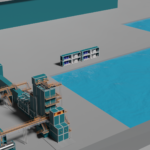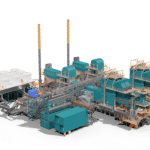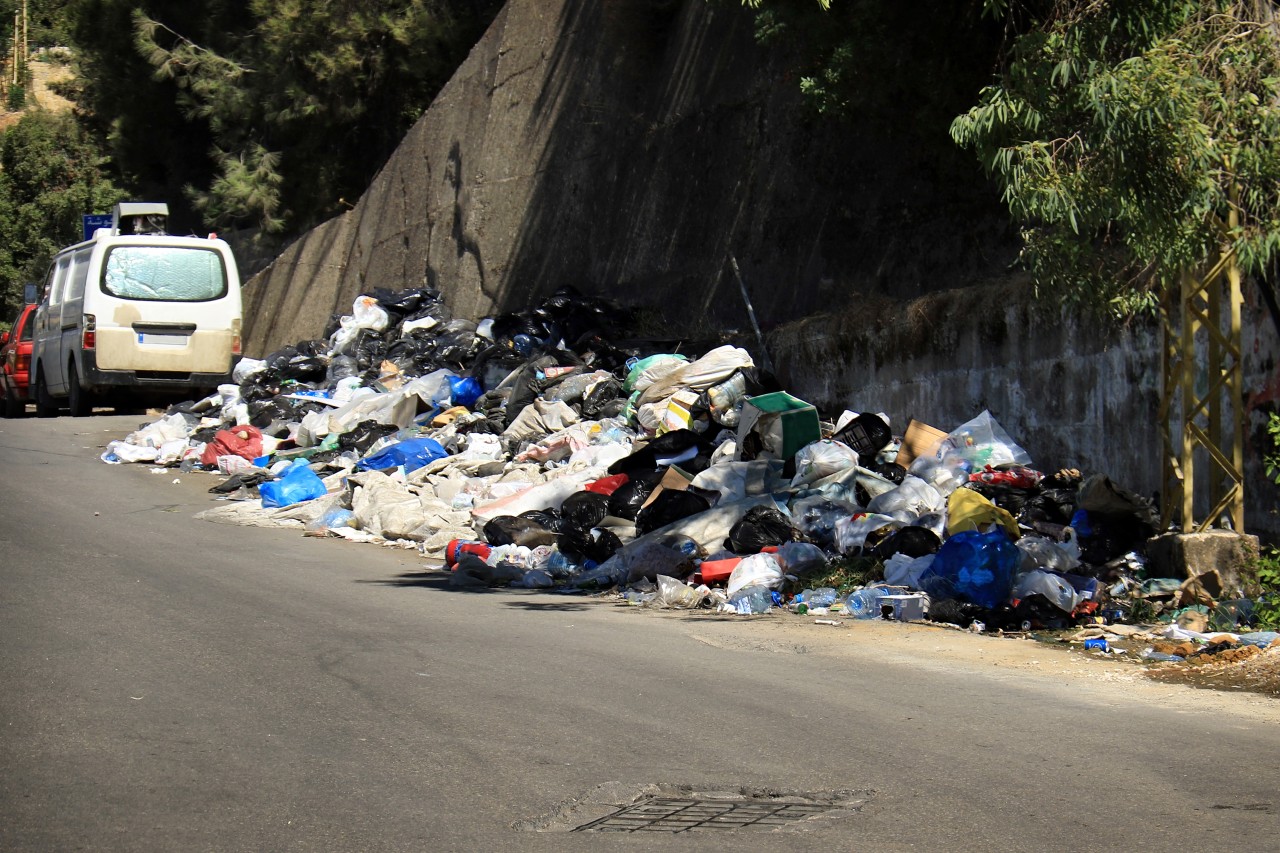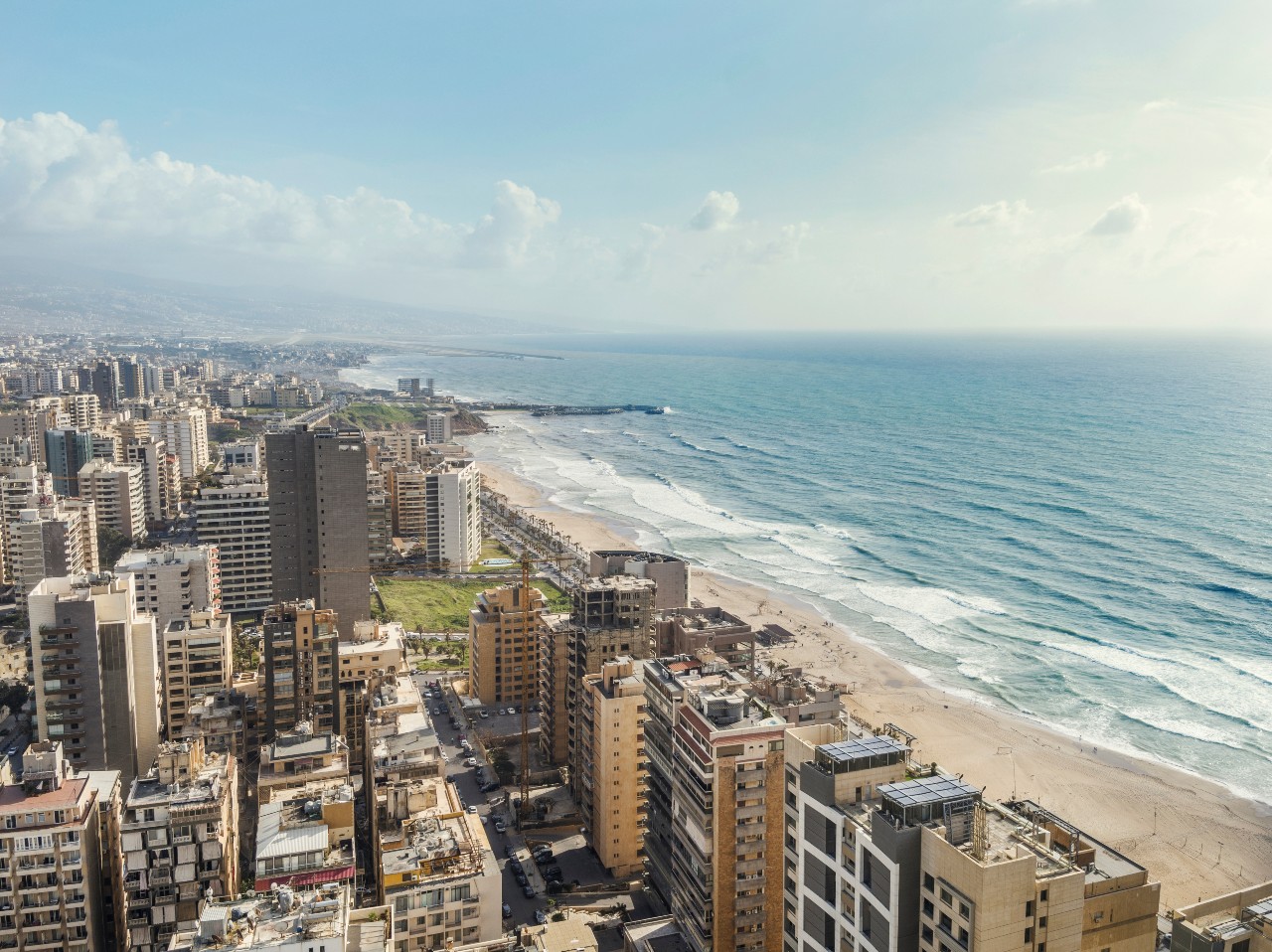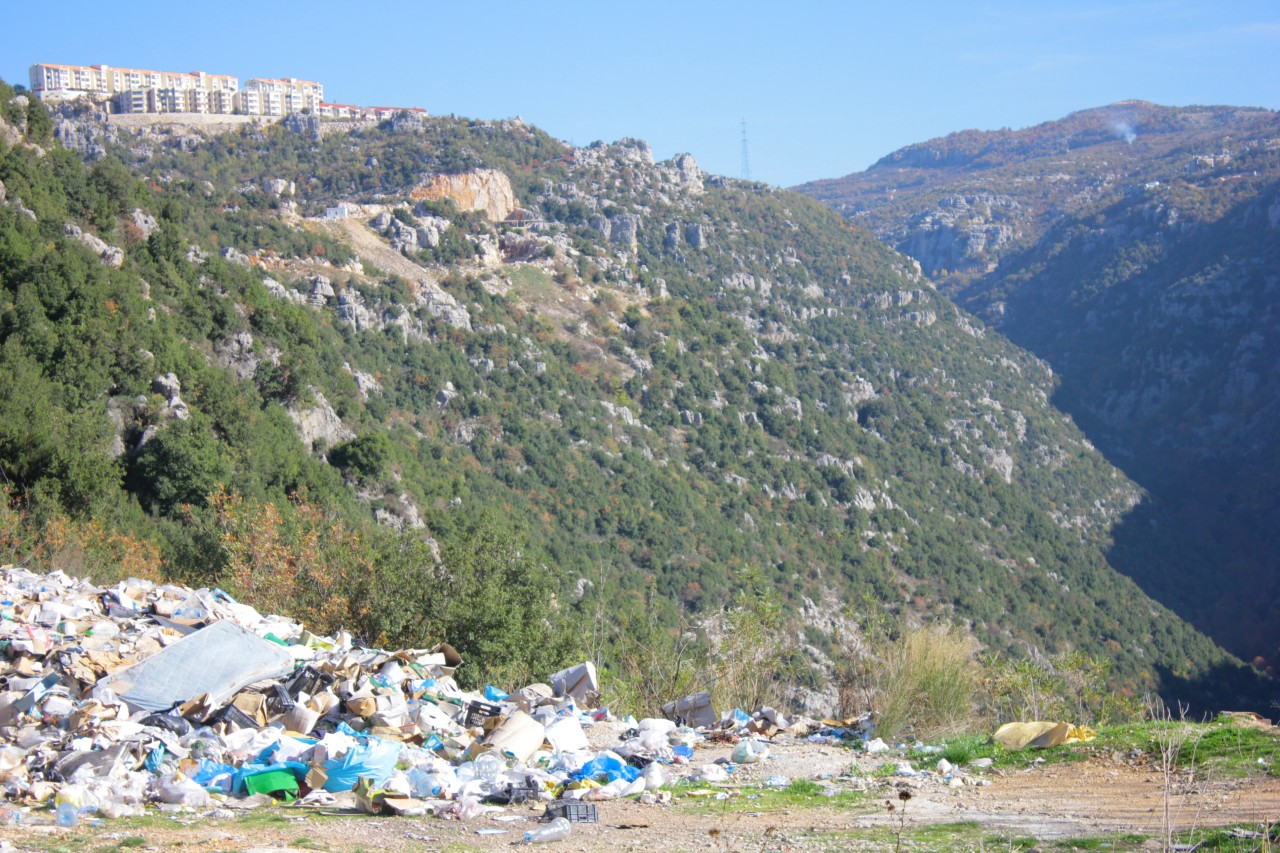Beirut is the capital and largest city of Lebanon. Population of Beirut is around 1.3 million, with as many as 2.2 million in the greater metropolitan area. The city’s metropolitan area occupies 67 square kilometers. The coast is rather diverse, with rocky beaches, sandy shores and cliffs situated beside one another. Located on a peninsula flanked by the Lebanon Mountains at the midpoint of Lebanon’s Mediterranean coast, Beirut is the country’s largest and main seaport. It is also one of the oldest cities in the world, having been inhabited for more than 5,000 years. The first historical mention of Beirut is found in the Amarna letters from the New Kingdom of Egypt, which date to the 15th century BC.
Lebanon achieved independence in 1943, and Beirut became the capital city. The city remained a regional intellectual capital, becoming a major tourist destination and a banking haven, especially for the Persian Gulf oil boom. This era of relative prosperity ended in 1975 when the Lebanese Civil War broke out throughout the country. During most of the war, Beirut was divided between the Muslim west part and the Christian east. The downtown area, previously the home of much of the city’s commercial and cultural activity, became a no man’s land known as the Green Line. Since the end of the war in 1990, the people of Lebanon have been rebuilding Beirut, and the city had somewhat regained its status as a tourist, cultural and intellectual center in the Middle East and as a center for commerce, fashion, and media.
For decades, Lebanon has been producing more waste than it could manage, an estimated 2000 tons generated per day in Beirut and Mount Lebanon alone.
Years before the waste crisis spilled into the streets, officials untenably relied on the Naameh landfill in southern Beirut, which opened in 1997 with a seven-year timespan and a two-million-ton quota. Almost twenty years and four extensions later, it is overflowing with 15 million tons of waste, enough to cover the whole city with one-meter thick layer of rubbish.
In July 2015, a major rubbish crisis hit Beirut after the Naameh landfill site – the largest one in the country – was closed and authorities failed to provide any alternative solutions for months. Waste collection ground to a halt and thousands of tons of waste piled up in the streets of the capital. Infuriated citizens took to the streets to protest the government’s failure to manage the situation, but to no avail. Three years later, the authorities are still struggling to find viable solutions. Two coastal landfills have been built in Bourj Hammoud and Costa Brava, in the north and the south of Beirut respectively, to temporarily collect surplus rubbish from the capital.
Re-opening of the Bourj Hammoud landfill, which started as an uncontrolled dumpsite during the Lebanese Civil War, is an environmental disaster in itself. It persists to this day without rehabilitation, spreading its smells and harmful effects over tens of thousands of people living nearby. It occupies an area of 16 hectares and rises to about 55 m above sea level with extremely steep side slopes. Slope failure could occur any time because the slopes are highly unstable. Today, waste is already spilling over into the Mediterranean Sea and the landfill releases an estimated 120,000 tons of leachate annually, enough to fill ten large capacity tanker trucks every single day.
WOIMA has the perfect solution to resolve the Beirut waste crisis. We have developed a decentralized waste management and power generation solution named “WOIMA Ecosystem” that helps countries and cities to cope with the increasing waste challenges that they are facing.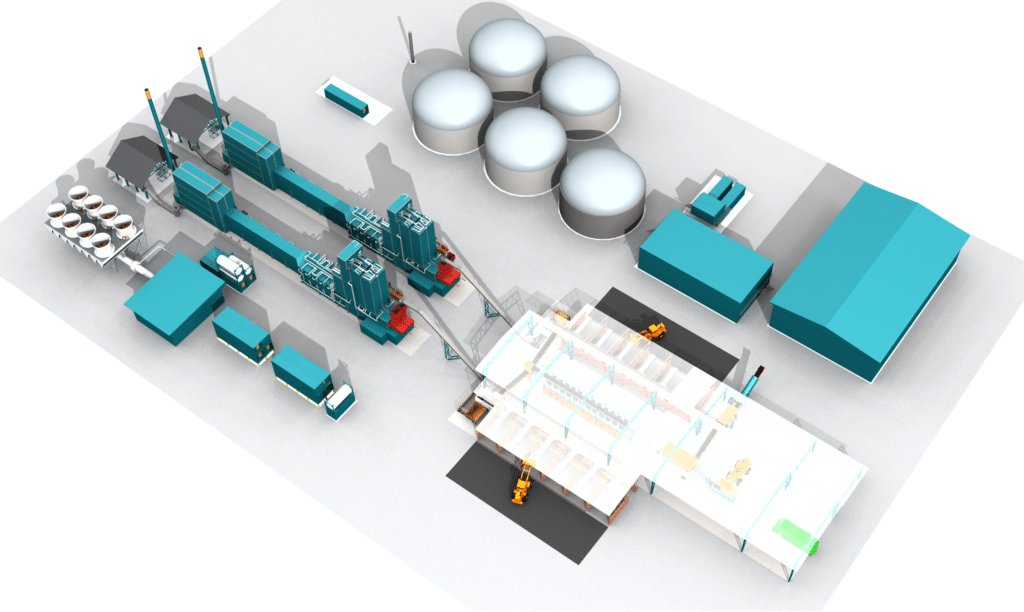
WOIMA Ecosystem recycles the waste into raw materials and energy in the most efficient manner reducing the waste quantity by over 95%.
The small-to-medium size WOIMA Ecosystems are distributed close to where the waste is generated, thus offering significant waste logistics and power distribution savings in addition to solving the waste problem.
Read more: Woima decentralized W2E power generation – case study Nairobi Kenya
Contact WOIMA, if you see yourself as collaboration partner in saving the planet. Ask more about turning waste into wellbeing with WOIMA Circular Economy Solutions.

